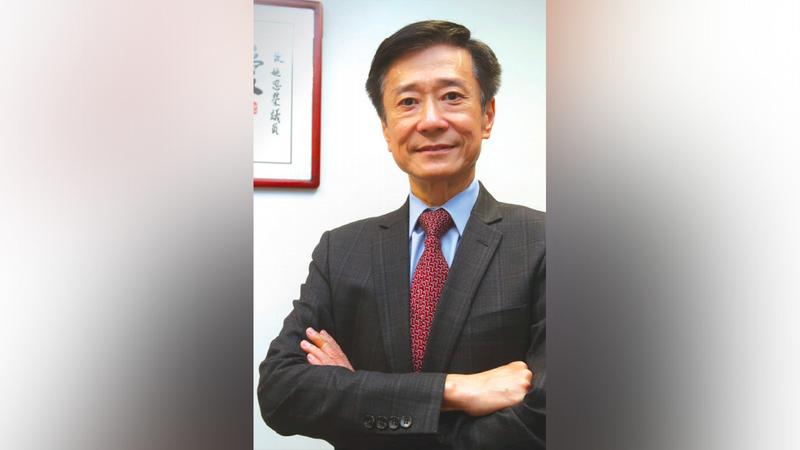Tourism lawmaker urges bailout via local tours


Unprecedented difficulty
The number of incoming tourists slumped by 39 percent year-on-year in the second half of last year, after months of social unrest erupted in mid-June.
Any hope of a turnaround in this year has been dashed by the COVID-19 pandemic, with hotels and airlines suffering big losses, Yiu said.
"The travel agencies had virtually no revenue for eight months this year. The revenue of the hotels fell by about 70 percent, while the airlines lost 99 percent of their income. Such a diffcult position is unprecedented," Yiu said.
"I'm afraid there will be massive closures and layoffs if the government ceases the Employment Support Scheme in November," he added.
Taking Hong Kong's flagship airline, Cathay Pacific Airways, as an example, Yiu predicts it will lay off a huge number of employees as it did not apply for assistance from the second-phase Employment Support Scheme under the Anti-epidemic Fund, while the number of international flights has decreased drastically. He cited market analysis that Cathay will fire at least 30 percent of its 20,000-plus Hong Kong-based employees.
"It is a rather gray outlook for the travel industry because we cannot see the future and when travel can resume."
The lawmaker expressed hope for the launch of a health code mutually recognized by authorities of Hong Kong, Macao and Guangdong province to facilitate travel within the area.
Discussions between the three places were halted by Hong Kong's third outbreak of COVID-19 in July. The Chinese mainland resumed travel visas to Macao on Sept 23.
With the code in place, Hong Kong can move on to creating "travel bubbles" with other countries and regions, Yiu said.
Health code
Hong Kong Chief Executive Carrie Lam Cheng Yuet-ngor said the code is under consideration to let Hong Kong people currently on the mainland visit their relatives, do business and see a doctor in the city without going through the 14-day quarantine.
"The government's attitude is very proactive, and I hope it will expedite the discussions," he said.
"The process shall advance step by step, from visit of relatives and medical consultations to going to work and school before the checkpoints are reopened for travel.
"We hope we will have group tours to the mainland again in November. Depending on the capability of nucleic acid tests of the Hong Kong laboratories, the daily quota may be 1,000-2,000 at first, before being raised to 5,000-10,000, if no problem arises."
The ideal price for the test should be under HK$200 (US$26), he added.
Yiu praised the recent mass testing program, which detected 42 COVID-19 patients among the nearly 1.8 million participants, as instrumental in developing "travel bubbles".
"The number of participants is satisfactory despite criticisms and smears," he said.
"The result can serve as a useful reference to show the actual situation in Hong Kong when negotiating over 'travel bubbles'."
- Tasting the world in Shanghai
- Yunnan official dismissed for demanding athlete's prize money
- Unmanned transport plane makes maiden flight in Shaanxi
- Probe finds cardiac condition the cause of Henan schoolboy's death
- 14 injured in off-road racing accident in East China
- China to beef up personal data protection in internet applications



































